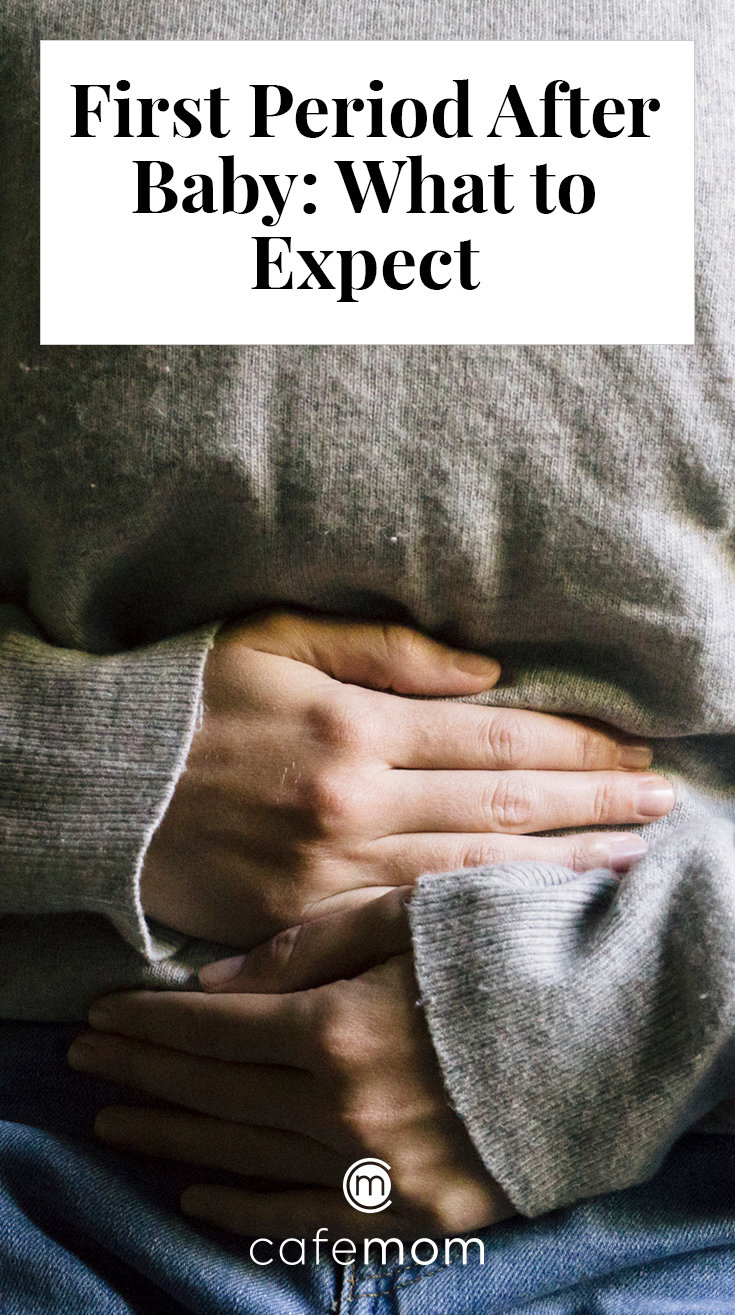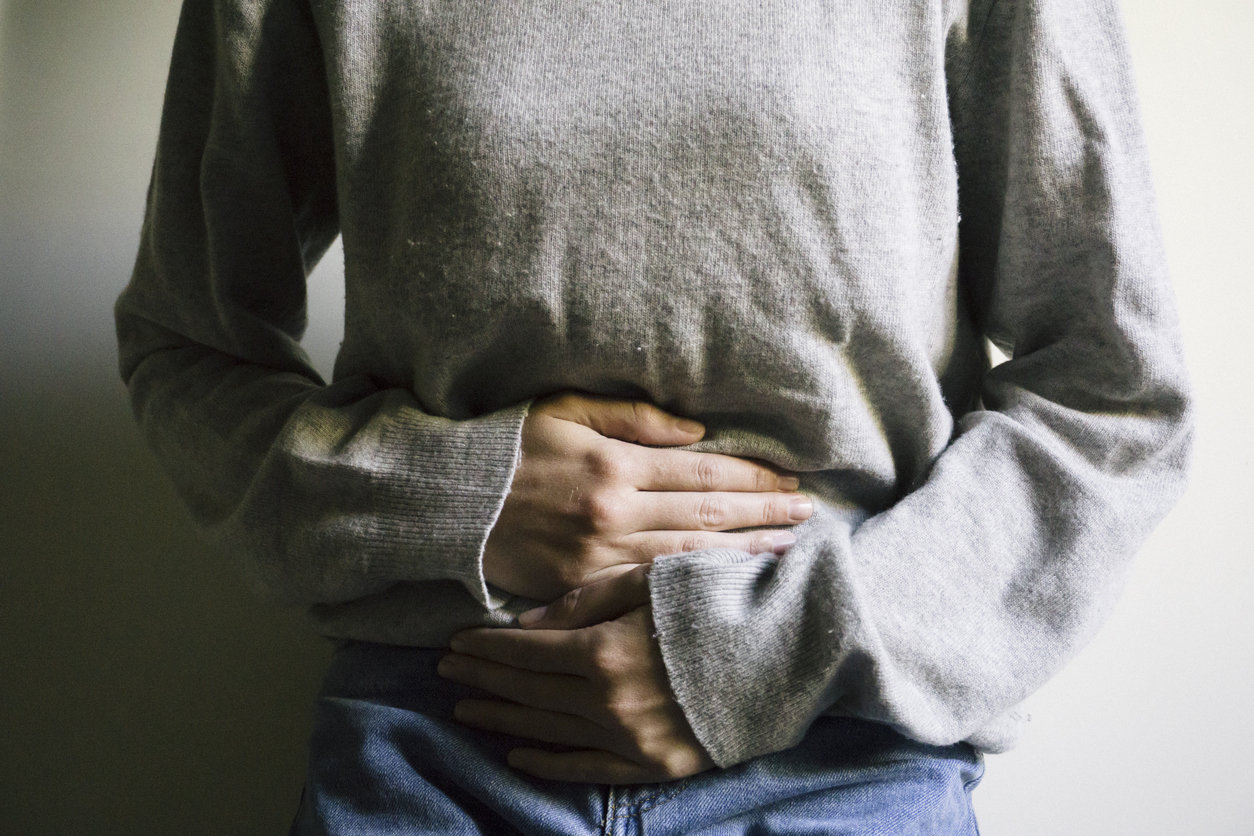
Ah, new motherhood. It’s a period of constant overdrive. I can't remember the last time I slept. Did I re-pack the diaper bag? Where's the binky?! It's okay to run out for coffee with a little spit-up on my shirt, right? When will I look like I am not six months pregnant? (Okay, that one doesn't apply to celeb moms who pretty much sneeze and they're back in their skinny jeans.)
In the midst of newborn chaos, after a nine-plus month reprieve, it's easy to forget about one of the big questions: When will I get my period again? Then one day your partner gives you the look, and finding out the answer suddenly climbs to the top 10 on your to-do list.
"Many women ask me when they can expect their menstrual cycle to return after having a baby," says Melissa DuBois, RN, BSN, CCE, a nurse with Harvard Vanguard Medical Associates Department of Obstetrics & Gynecology in Watertown, Massachusetts. "The truth is there is a wide range of normal and it will be different for every woman, and sometimes, different with each pregnancy."
Here are some general guidelines, according to DuBois, on what to expect period-wise postpartum.
Breastfeeding plays a major role.
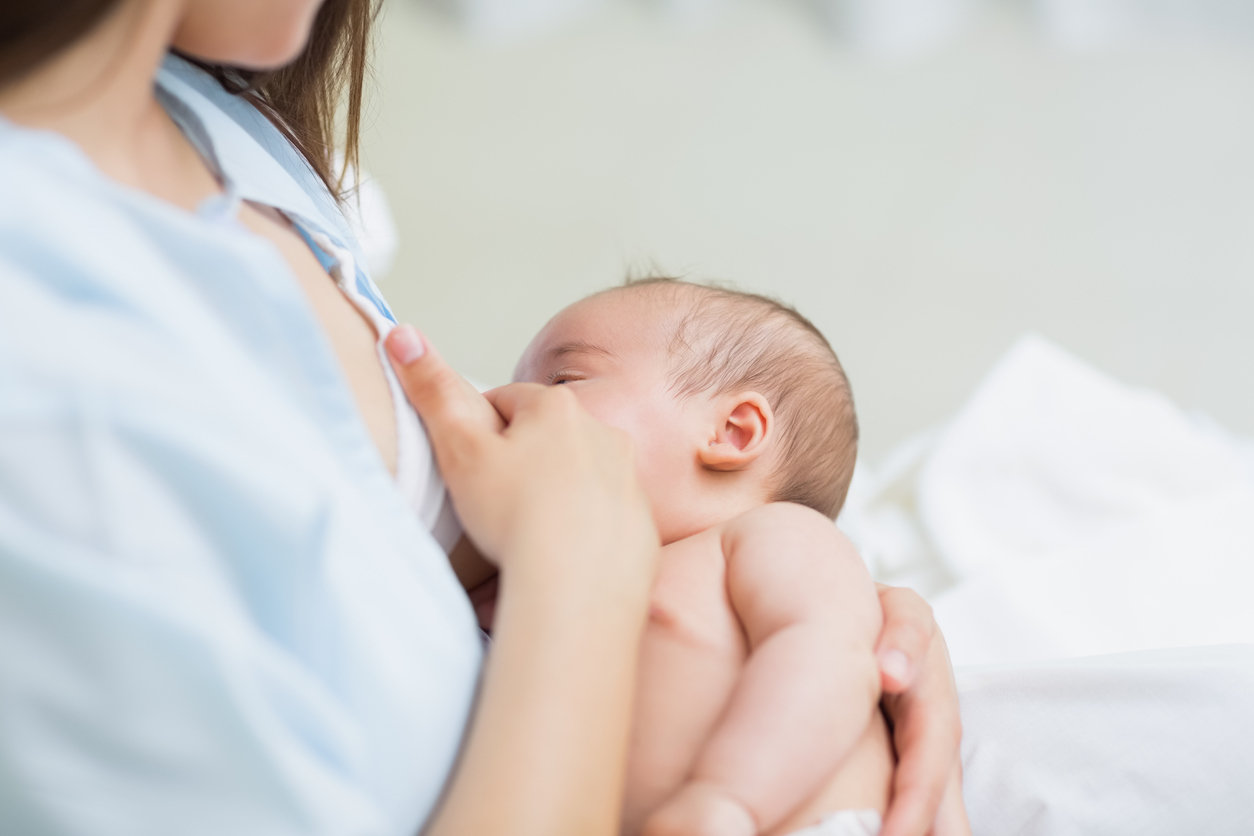
If you're exclusively breastfeeding your baby around the clock, you may remain period-free until your baby starts to space out his feedings. For example, your baby starts sleeping longer stretches at night (yay!) or you introduce solids into his diet. Some women won't start menstruating again until they wean from breastfeeding completely. It can take months or even a year.
Some breastfeeding moms have to deal with irregular periods. It's not unusual to have spotting or months in between periods.
Formula may mean a quicker return for Aunt Flo.
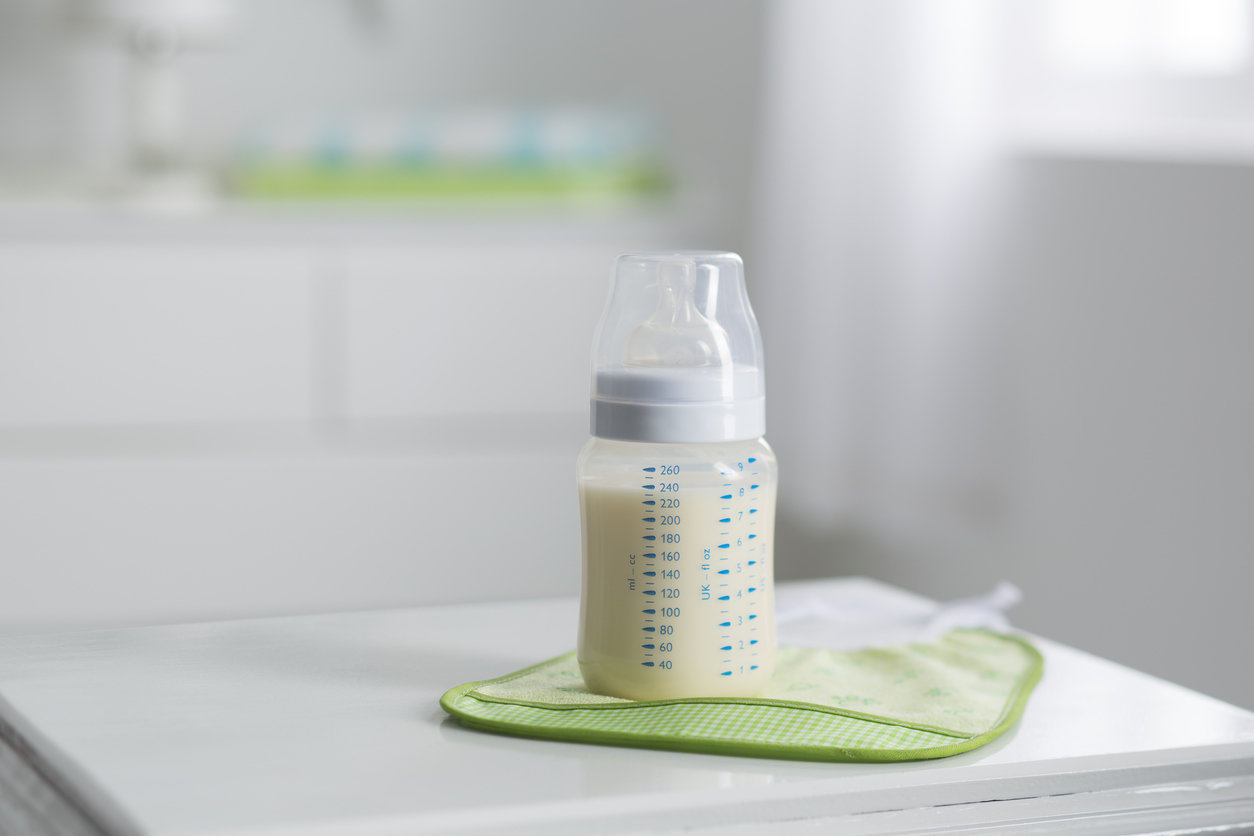
If you are supplementing with formula, you may begin menstruating as early as 12 weeks postpartum. If you are exclusively formula feeding your baby, you may get your period back in as early as four weeks.
Don't panic: Your period may be different.
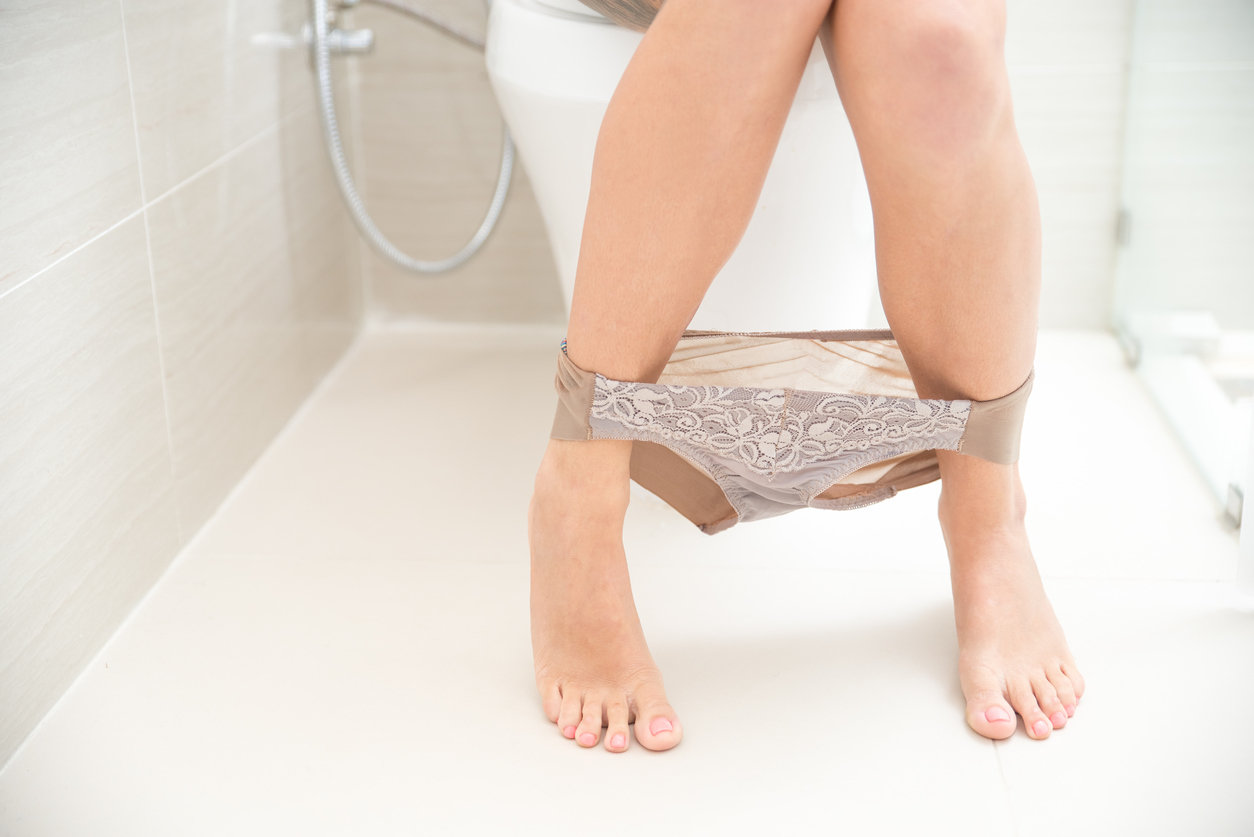
Sorry in advance for being graphic, but I tell it like it is. You may be surprised by the looks of your first period. Blood clots are gross, but they're normal. If they persist for more than one week, give your doctor a call. Otherwise, flush fast and think of David Beckham modeling underwear to get the vision out of your mind. It works. Trust me.
You may experience heavier or lighter, longer or shorter periods with more or less cramping than you did pre-pregnancy. Again, no worries. It's totally fine, according to Dubois.
You can get pregnant before your period returns.
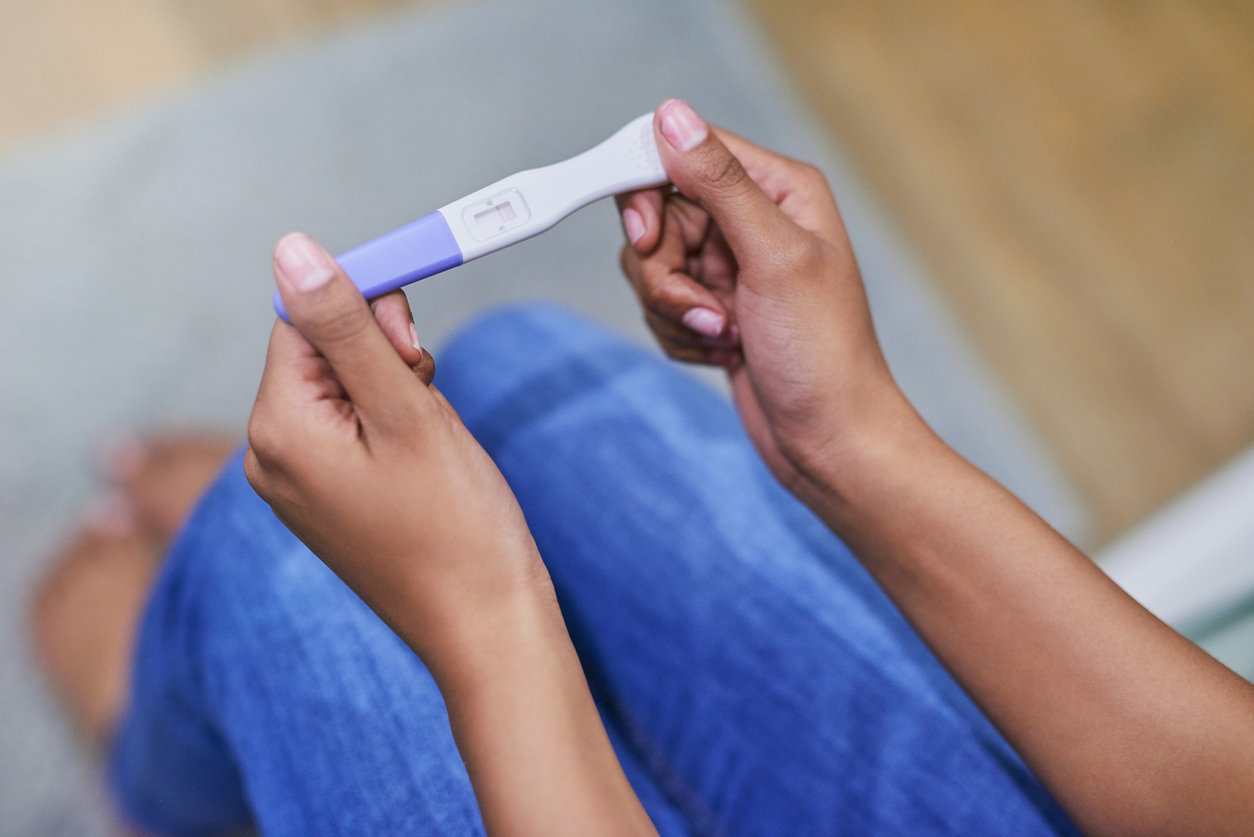
Just ask Tori Spelling. Remember when her sex addict hubby knocked her up with her fourth child one month after she delivered her third? That's because fertility returns BEFORE you actually get your first postpartum period. Ovulation eventually triggers a period about two weeks later … and you're able to conceive during that time.
"It's important to use a form of birth control if you're not trying to get pregnant," says Dubois. "This is true even for breastfeeding women as breastfeeding only provides some protection." She also warns moms to allow time for your bodies to heal as back-to-back pregnancies can cause complications for both mother and baby.
